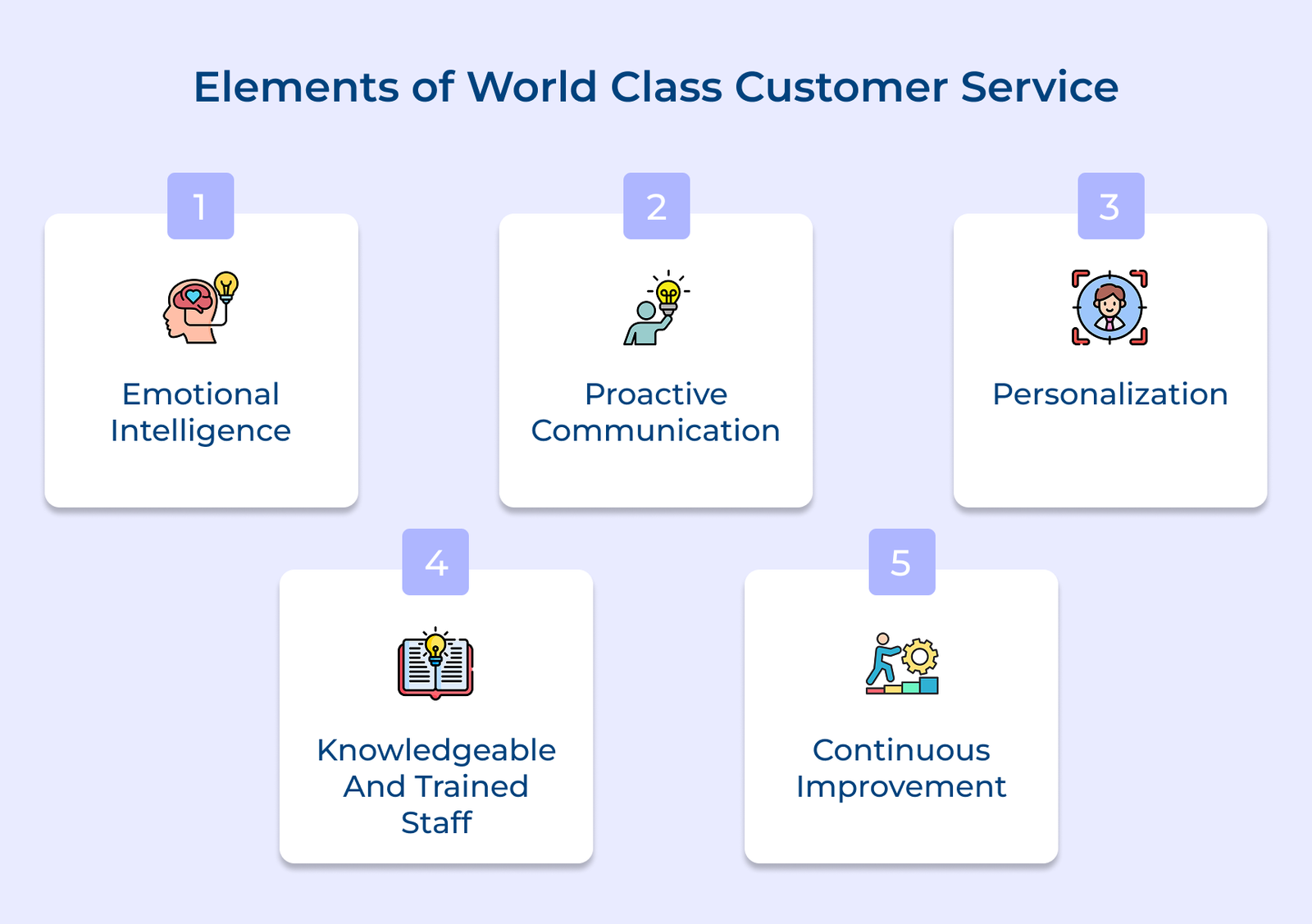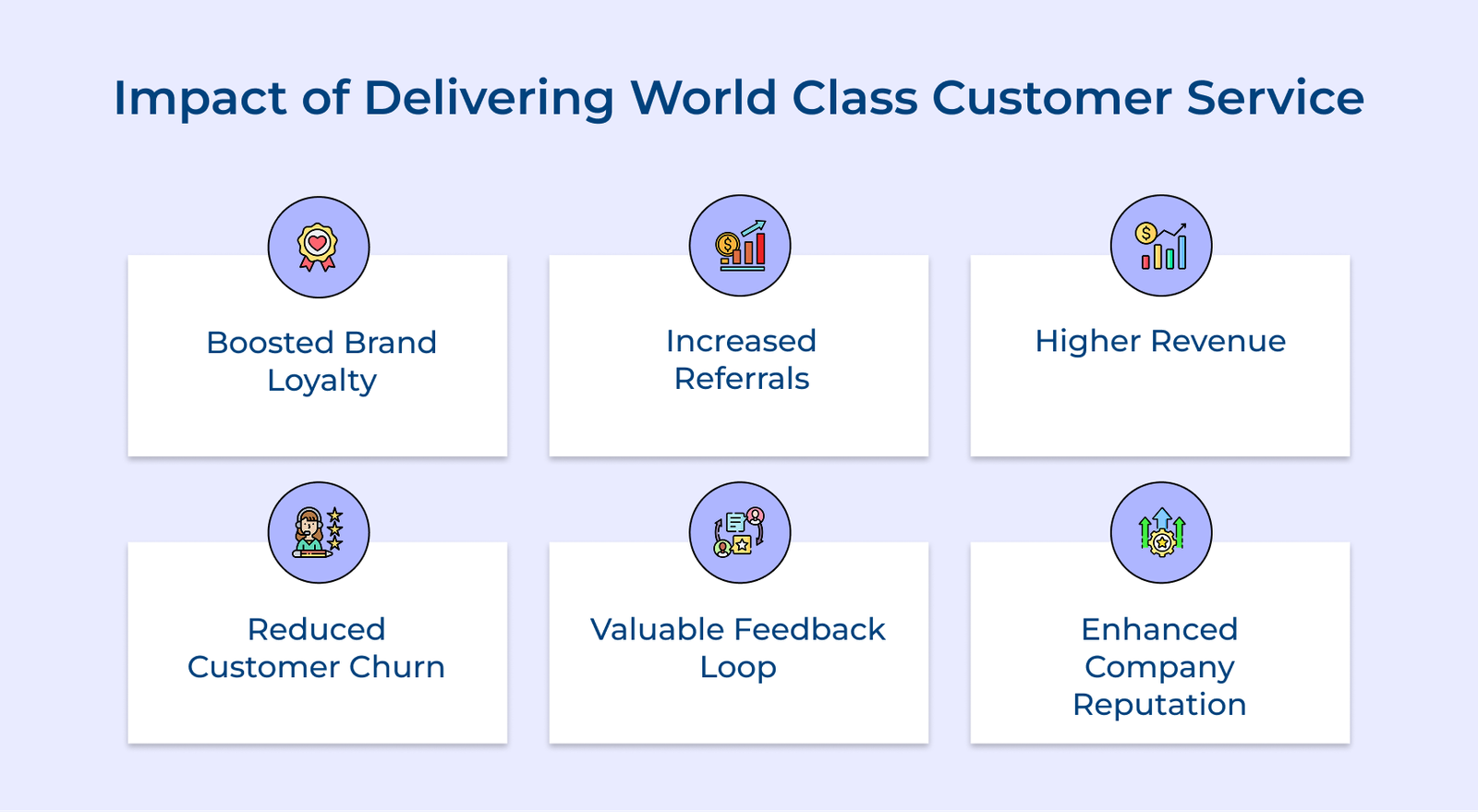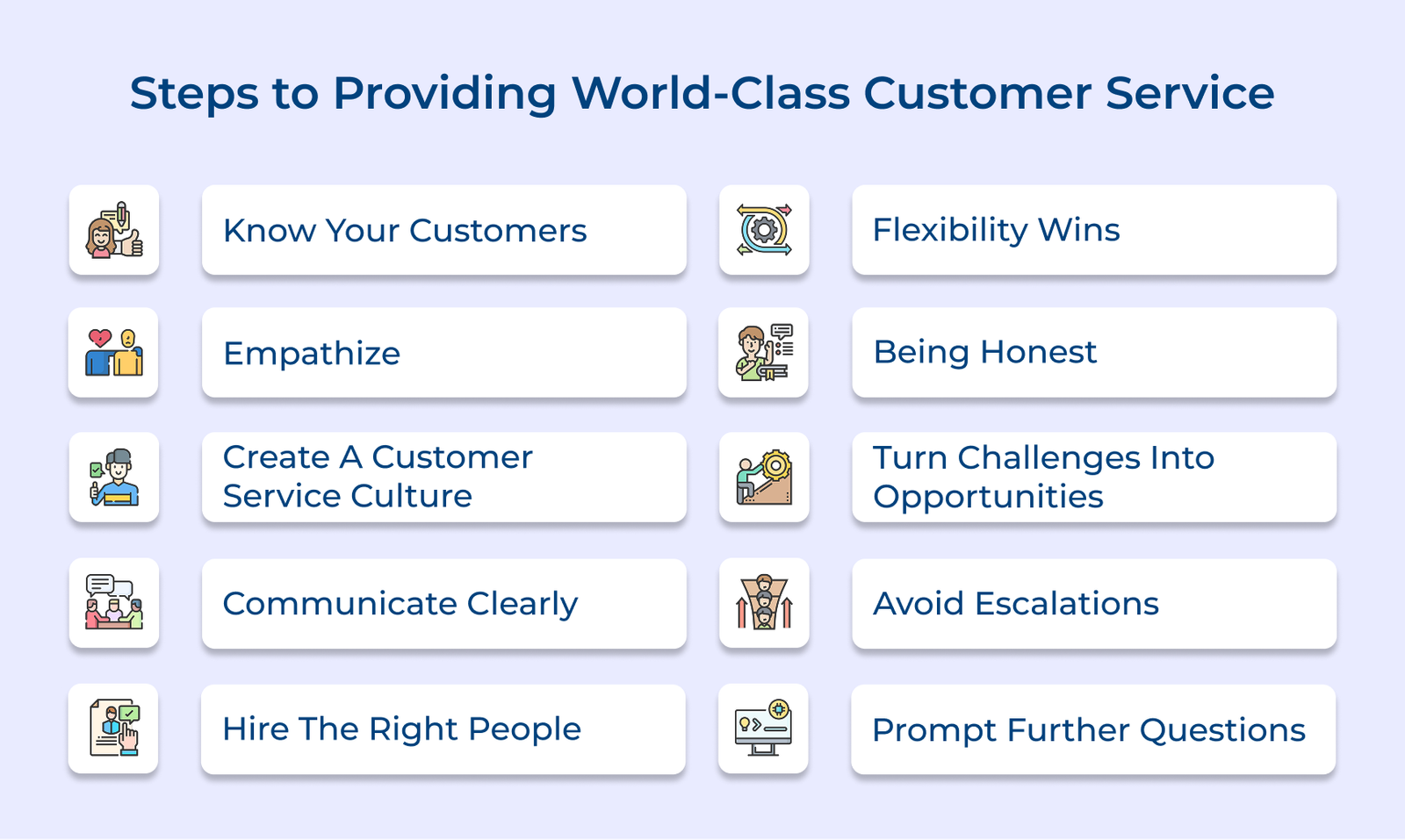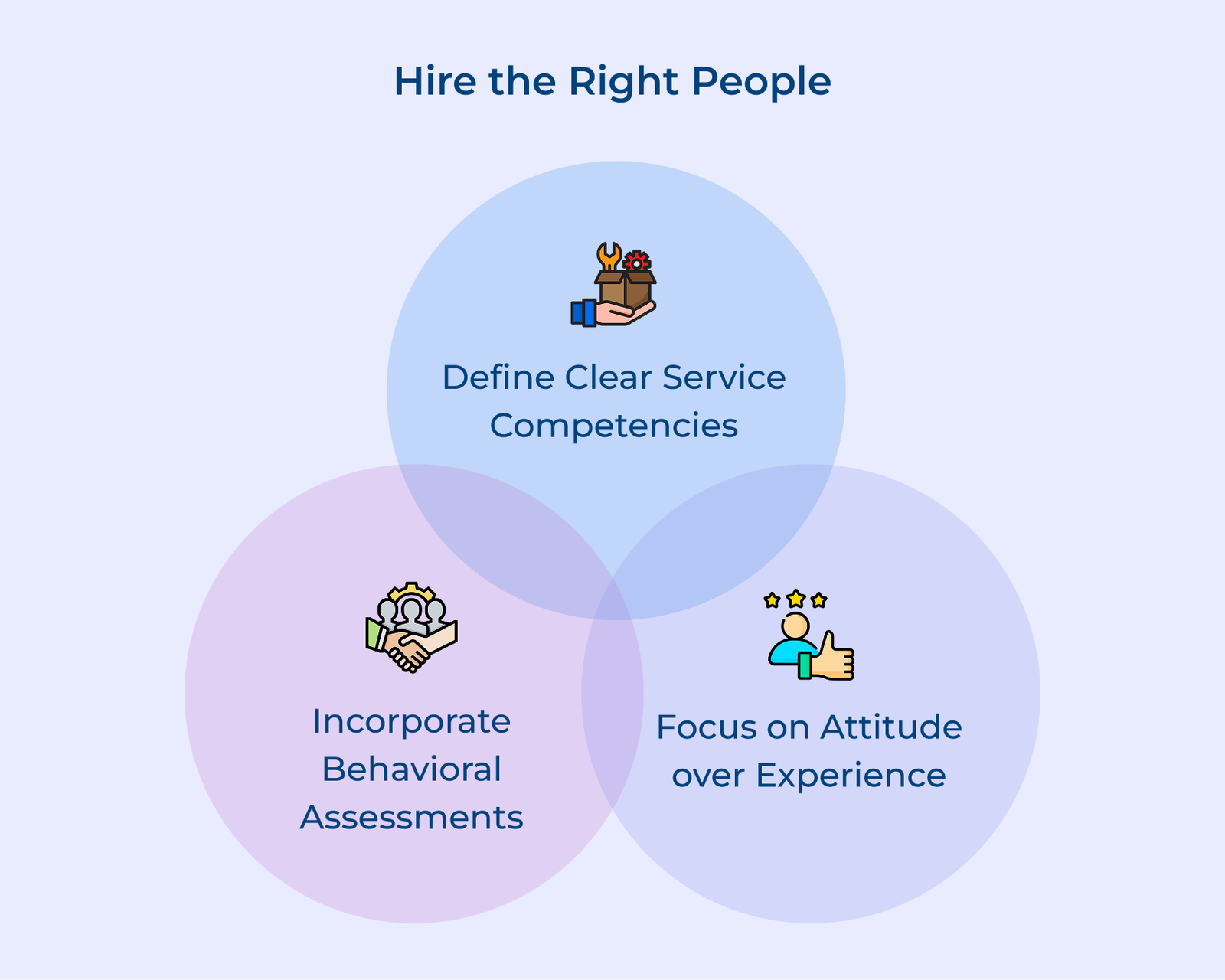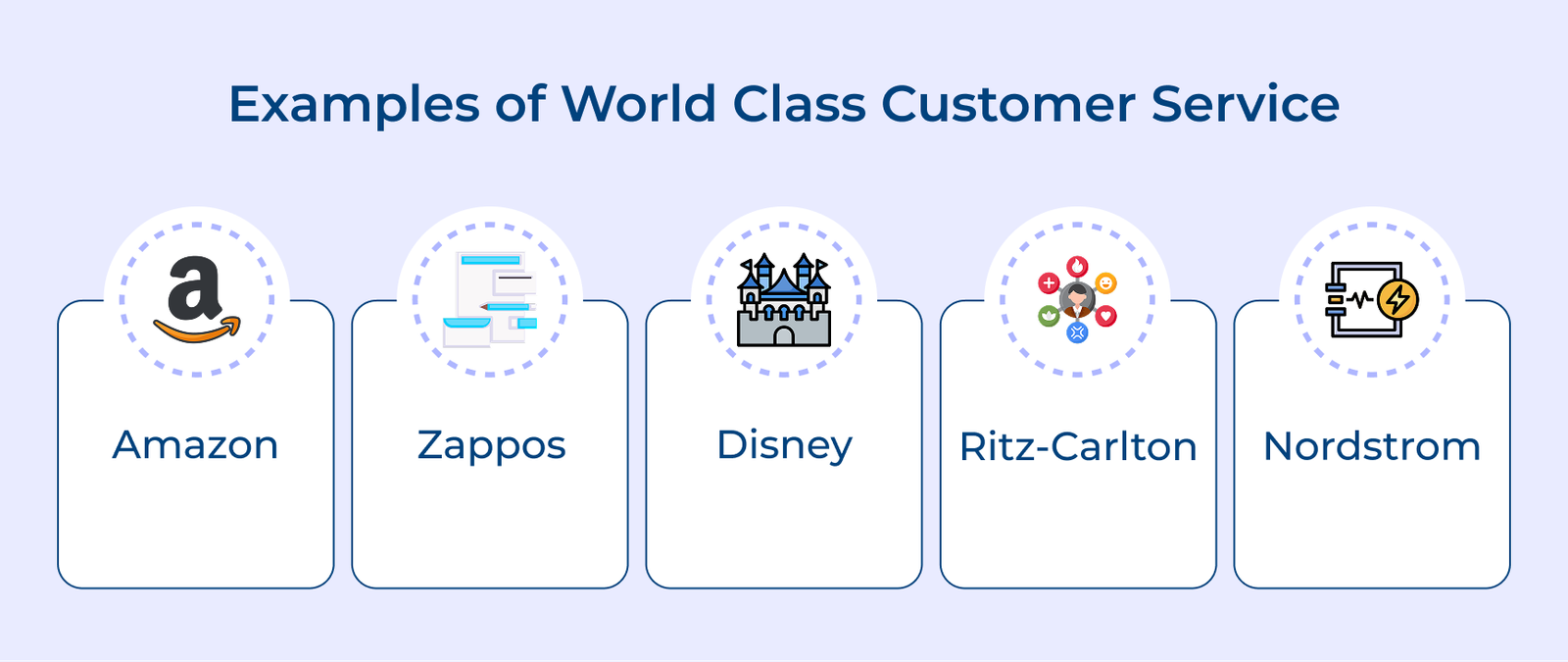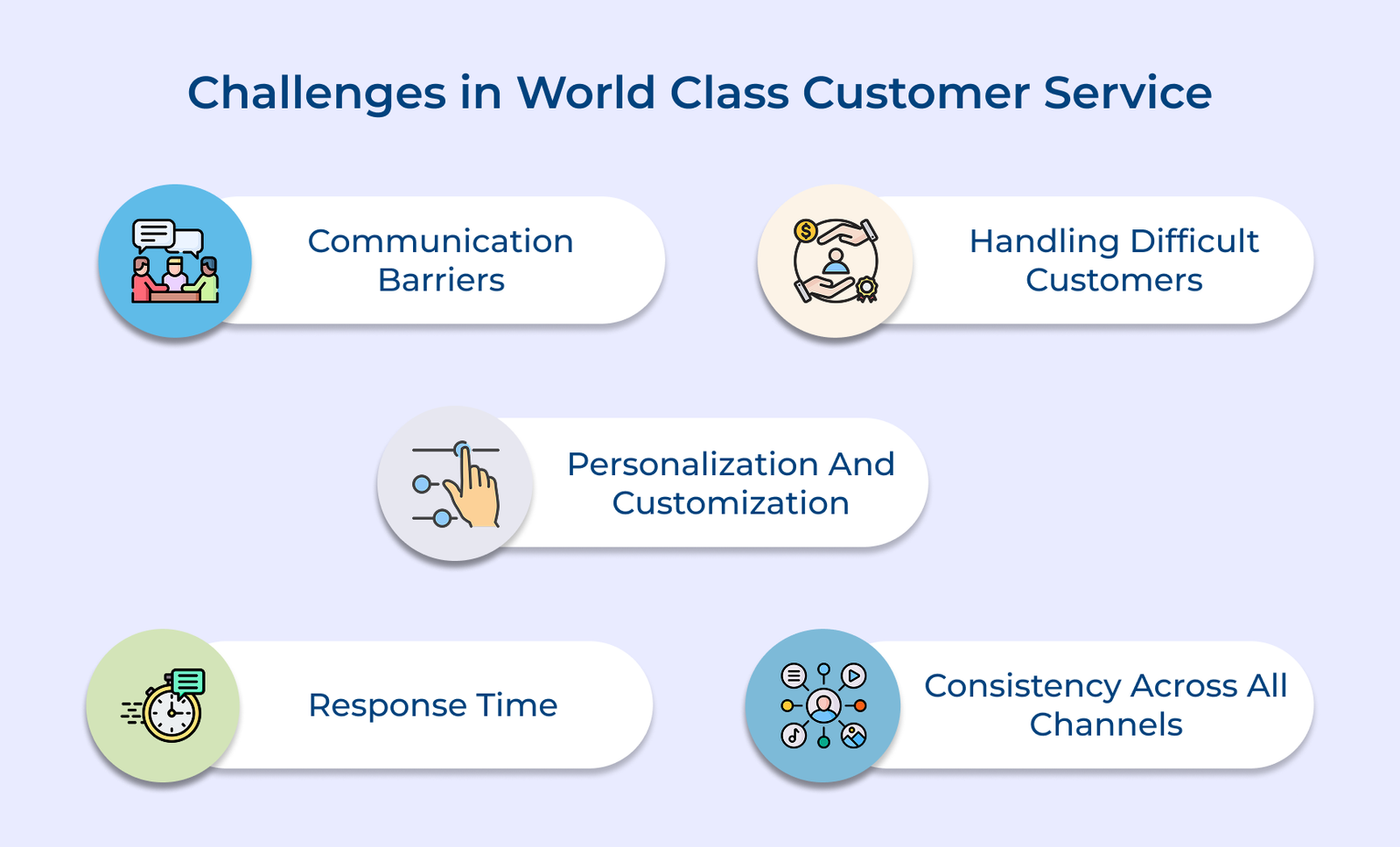A renowned hospitality brand is known for its exceptional service. During the hiring process, they assess candidates’ emotional intelligence and commitment to hospitality. The rigorous approach ensures they onboard individuals who embody the brand’s service standards. It can consistently deliver memorable experiences for guests.
Best practices:
- Define clear service competencies: Establish well-defined competencies that outline the knowledge, skills and behaviors required for service excellence in the organization. Use them as a benchmark for evaluating candidates.
- Incorporate behavioral assessments: Utilize personality assessments in the hiring process to identify candidates with the right mindset for customer service roles.
- Focus on attitude over experience: Prioritize candidates with the right attitude, values and potential for growth. Excellent service skills can be taught, but the right mindset is harder to cultivate.
6. Flexibility Wins
Flexibility is key to delivering exceptional experiences. It involves adapting to changing customer needs, expectations, or situations and being willing to go the extra mile to find solutions. Customers appreciate service that is tailored to their unique circumstances. Flexibility enables organizations to personalize their approach and establish a sense of being valued. Service professionals can explore creative solutions rather than being limited by rigid processes.
A customer contacts a travel agency to reschedule their flight due to an unexpected family emergency. The agent, empowered with flexibility, works with the airline to waive change fees and explore alternative routing options. He even coordinates with local hotel partners to secure accommodations for the customer’s extended stay, providing a seamless experience.
Ways to implement:
- Empower employees: Provide service teams with the authority and resources to make decisions or find creative solutions that best serve the customer’s needs.
- Cross-train staff: Implement cross-training programs to ensure employees have a broad understanding of various products, services and departments. It enables them to adapt and assist customers across multiple touchpoints.
7. Honesty is Always the Best Policy
When it comes to providing world class customer service, honesty is always the best policy. Being transparent and truthful with customers builds trust or credibility, leading to long-lasting relationships. Implementing honesty in customer service involves being upfront about product or service information, pricing and any potential issues. It also means admitting mistakes and taking responsibility for them, rather than trying to cover them up.
Let’s take an example of a customer asking about the availability of a certain product and it is out of stock. A customer service rep should not mislead the customer instead offer alternatives or a timeline for when the product will be back in stock.
Key benefits:
- Building trust or loyalty with customers leads to repeat business and referrals.
- Resolving issues more quickly and effectively, as honesty can help alleviate customer frustration.
- Enhancing the reputation of the business, as customers are more likely to recommend a company that is honest and transparent in their dealings.
8. Turn Challenges into Opportunities
World-class organizations view the challenges as opportunities to demonstrate their commitment to excellence and go beyond for their customers. The mindset involves proactively identifying potential issues, taking responsibility and finding creative solutions. Empower employees with the training and decision-making authority to take ownership of challenges. Analyze customer feedback to identify areas for improvement and anticipate potential challenges.
A hotel guest experiences a plumbing issue in their room, causing inconvenience during their stay. The hotel staff promptly relocates the guest to an upgraded suite, provides complimentary spa services and follows up with a personalized gesture. It helps to make amends and create a positive lasting impression.
Key benefits:
- Customer loyalty: Turning challenges into opportunities to go beyond allows organizations to establish customer loyalty. It creates advocates who appreciate the exceptional service they receive.
- Continuous improvement: Proactively identifying or addressing challenges allows organizations to continuously improve their processes, products and services. It helps in staying ahead of evolving customer needs and expectations.
- Competitive advantage: The ability to consistently turn challenges into positive experiences can differentiate an organization from its competitors.
9. Try to Avoid Escalations
Avoiding escalations is essential in providing world class customer service. Escalations occur when a customer’s issue is not resolved on time, leading them to become frustrated. Proactively addressing or resolving issues before they escalate allows the brand to prevent negative experiences for customers and maintain their loyalty.
One example of avoiding escalations is by actively listening to customers and addressing their concerns on time. Demonstrating empathy towards their issues allows the company to show customers that it values their feedback and is committed to finding a solution. It can help prevent escalations and create a positive experience for the customer.
Best practices:
- Implement a robust customer feedback system to identify and address potential issues before they escalate.
- Offer proactive solutions to customers before they even realize there is a problem, showing them that the brand is proactive and attentive to their needs.
10. Prompt Further Questions
Anticipating and preempting further questions is a crucial step in providing world-class service. Addressing potential concerns before they even arise the brand is demonstrating attentiveness to the customer’s needs, showing that the brand is proactive in solving their issues. The step helps in providing a smoother and more efficient customer service experience.
Let’s look at an example of a customer contacting a company with a question about a product.
A world-class customer service representative would not only answer their initial question but also provide additional information. The foresight and proactive approach can lead to increased customer satisfaction or loyalty.
Pro tips:
- Take note of common follow-up questions and address them in the initial response.
- Provide comprehensive information in the communications to reduce the need for additional questions.
- Offer additional resources or suggestions that could anticipate the customer’s next steps and inquiries.
Examples of World Class Customer Service
Let us go through the examples of world class customer service to draw some insights from the companies that have mastered the art of exceptional customer service.






